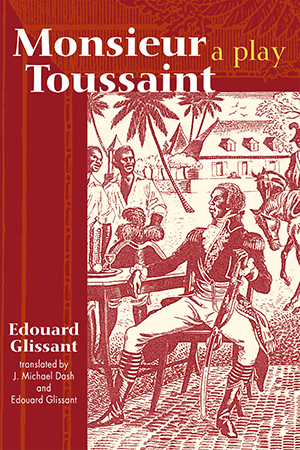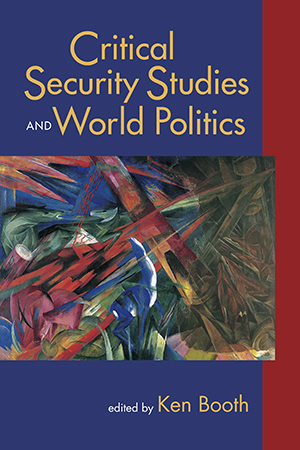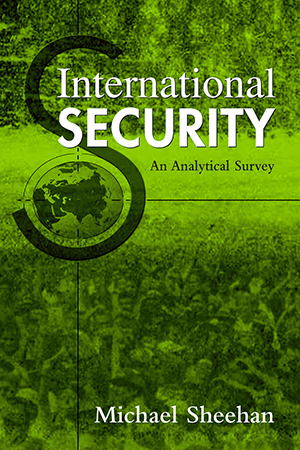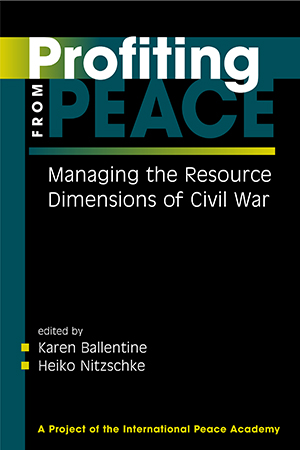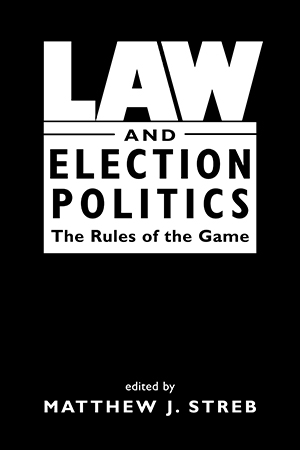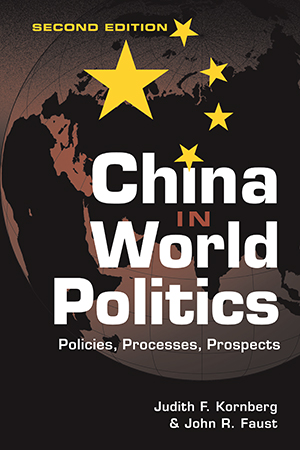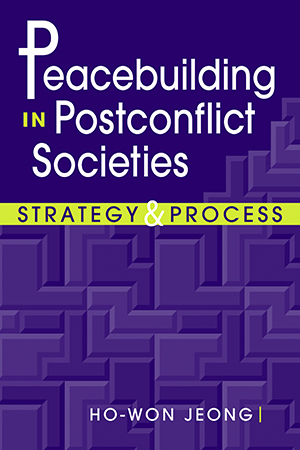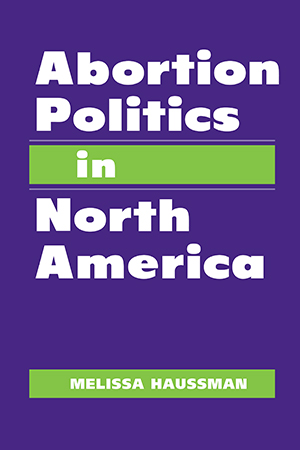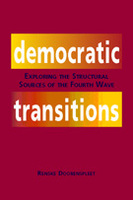BOOKS
Edouard Glissant's Monsieur Toussaint tells the tragic story of Toussaint L'Ouverture, the charismatic leader of the revolution—the only successful slave revolt in More >
Realist assumptions of security studies increasingly have been challenged by an approach that places the human being, rather than the state, at the center of security concerns. This text is More >
Michael Sheehan provides a masterly survey of the varied positions that scholars have adopted in interpreting "security"—one of the most contested terms in international More >
Providing both a means and a motive for armed conflict, the continued access of combatants in contemporary civil wars to lucrative natural resources has often served to counter the More >
How much money can a candidate for political office legally collect, and from what sources? What can and can't be said in campaign ads? Who determines the process of redistricting, and More >
Introducing students to China's foreign policy, the authors outline the political, security, economic, and social issues the country faces in the emerging 21st century. Each chapter of More >
How can a region roiled by political strife, civil war, illicit drug trafficking, and dismal economic performance achieve political stability and support economic growth? The Andes in Focus More >
This integrative discussion of the multiple dimensions of peacebuilding in postconflict societies offers a systematic approach to strategies and processes for long-term social, political, More >
Despite legal affirmations of women's rights to abortion, actual access to the procedure in North America is increasingly curtailed. Melissa Haussman analyzes this disturbing disparity More >
With the widespread movement toward democratization that characterized the first post-Cold War decade, why did some nondemocratic regimes undergo a transition toward a democratic political More >



